Fast facts about sobering up fast:
- There’s nothing that can make you magically sober up fast
- It takes 1-2 hours to metabolize one serving of alcohol
- Drinking water, eating, and taking cold showers might make you “feel” sober, but you’re still under the influence
You couldn’t resist that last round of tequila shots and you’re feeling it—like really feeling it. This doesn’t bode well for your task ahead, whether it’s getting home, talking to your crush without slurring your words, or chatting up your boss at the company holiday party.
You stumble off and Google: How to sober up fast.
Before you waste too much time researching, we’ll give it to you straight: there aren’t any scientifically-proven ways to sober up fast. The tricks you learned in college can make you look or feel sober, but they don’t lower your blood alcohol concentration (BAC) — and that’s all that matters.
We can’t magically reverse the effects of those rum and Cokes you pounded at the pool. But we can tell you approximately how long it’ll take to recover and bust the common myths about sobering up fast.
How to Sober Up Fast: Fact-Checking 6 Tips
There’s nothing you can do to make your liver metabolize alcohol faster. It’s a stubborn organ.
When people talk about ways to sober up, they’re really talking about ways to feel more alert—those are totally different things. Or you just might be experiencing a placebo effect.
Here are six examples.
1. Drink Water
Drinking water between alcoholic beverages can give your body more time to metabolize the alcohol in your system. However, it won’t “dilute” the booze in your bloodstream.
If you drink five beers, your BAC will be the same whether you drink a cup of water afterward or not. Water does hydrate you though, so it’s key for mitigating hangovers.
2. Get Something to Eat
Contrary to popular belief, snacking on pretzels and bar nuts won’t sober you up. Neither will a late-night Taco Bell feast.
Greasy, carb-laden drunk food tastes amazing and it might even make you feel better temporarily, but it won’t sober you up once the damage has been done.
Eating a meal full of fatty foods and carbohydrates before a booze fest may slow down your body’s absorption of alcohol. But eating after drinking won’t lower your BAC.
3. Take a Cold Shower
A cold shower or a splash of cold water on your face can definitely give you a jolt of energy. But it can’t reverse the effects of alcohol intoxication.
4. Drink Coffee
Alcohol is a depressant, which makes you drowsy. Caffeine, on the other hand, is a stimulant that makes you perk up.
This often leads people to think a cup of coffee will “offset” the alcohol in their system. But coffee, or any type of caffeine, doesn’t make your liver metabolize alcohol faster.
In fact, mixing caffeine and alcohol can put potentially fatal stress on your heart.
5. Sweat It Out
“Sweating out the toxins” might sound scientific, but it’s BS. Alcohol is in your bloodstream, not your sweat.
Pro: You don’t have to work out.
Con: You’re still drunk.
6. Puke It Out
Speaking of getting stuff out of your system, making yourself vomit may seem like an unpleasant but effective way to detox fast. Unfortunately, throwing up won’t lower your BAC since the alcohol has been absorbed into your bloodstream by the time you feel drunk.
How Long Does It Take to Sober Up from Alcohol?
It usually takes 1-2 hours for your body to fully metabolize one serving of alcohol. Here’s what a standard drink refers to:
- 1.5 ounces of distilled spirits (a shot)
- 5 ounces of wine (one glass)
- 12 ounces of beer (standard can or bottle)
So if you drank four beers, it would take 4-8 hours to get all of the alcohol out of your system and be 100% sober. The more drinks you have, the longer it takes your body to break them down.
When you ingest alcohol, it enters your bloodstream and then goes to your liver where it’s processed. If you drink alcohol faster than your liver can metabolize it (one per hour), your blood alcohol level goes up. That’s when your cognitive function gets impaired (hello, whiskey dick) and you start to feel tipsy. And if you keep going, you put yourself at risk of alcohol poisoning.
Feeling Sober vs. Being Sober
Some people “feel” the effects of alcohol intake quicker than others. For example, you might get tipsy after a couple glasses of wine, but your friend doesn’t feel anything.
Scientifically speaking, it’s not your sensations that determine how drunk (or sober) you are—it’s your blood alcohol concentration. This indicates the percentage of alcohol in your bloodstream, usually in grams per 100mL.
The only way to know your exact BAC is with a breathalyzer test. However, you can estimate your BAC by multiplying the number of drinks you’ve had by .02%. So if you had three shots over the course of an hour, your BAC would be .09%.
In the US, it’s illegal to drive when your BAC is .08% or more. As a rule of thumb, you should cut yourself off at three drinks max if you plan to drive.
At the risk of sounding like a nagging parent, you should never drive (or do anything important, for that matter) after alcohol consumption is on the agenda. Whether you’re totally hammered or just buzzed, it’s not worth the risk.
4 Factors That Influence Your Alcohol Metabolism
Everybody sobers up at different speeds. Two people can drink the exact same amount of alcohol and have different levels of intoxication. Here are six factors that affect alcohol metabolism, according to Stanford University.
1. Biological Sex
Guys tend to break down alcohol faster than women. That’s because women have less alcohol dehydrogenase (ADH), an enzyme in the stomach and liver that metabolizes alcohol.
2. Bodyweight
A bigger person will usually have a lower BAC than a smaller person who drinks the same amount. That’s because your body mass determines the amount of space through which alcohol can be diluted in your body.
3. Drinking on an empty stomach
If you don’t have food in your digestive system, your body will absorb alcohol faster. Eating high-protein foods before you start drinking (not after) can help you avoid getting drunk.
4. Mixing Alcohol with Other Substances
Using other drugs like cannabis or stimulants when you drink can affect how quickly your body processes alcohol and can have dangerous side effects.
Whether you’re a 300-pound beast with an iron stomach or a scrawny lightweight, the only way to sober up is to wait for the alcohol to work its way out of your system.
Beware of Explosive Hangover Poops
Sometimes the worst effects of a long night of drinking come the next day…on the toilet. Explosive hangover poops (AKA “beer shits”) are a science-backed phenomenon. A combination of dehydration, booze that irritates your stomach, and the inevitable drunk food feast is a recipe for diarrhea.
You can get ahead of boozy bowel movements by drinking plenty of water before you go to bed and opting for healthy snacks instead of an XL pizza. But let’s be honest, you’re not going to remember either of those.
The best defense against hangover poops is a pack of DUDE Wipes: they’re infused with aloe and vitamin E to soothe your sensitive sides while the rest of your body writhes in pain. They can’t cure your hangover, but at least you won’t have chapped ass to worsen the aftermath.

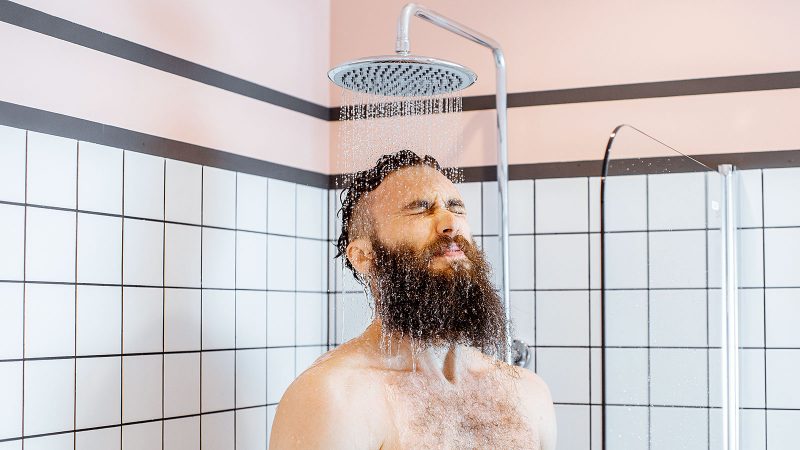
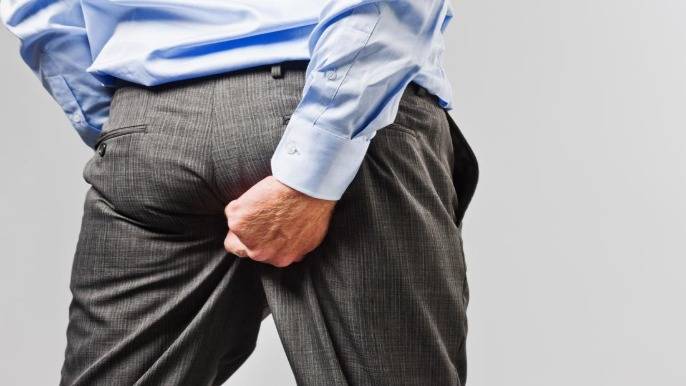
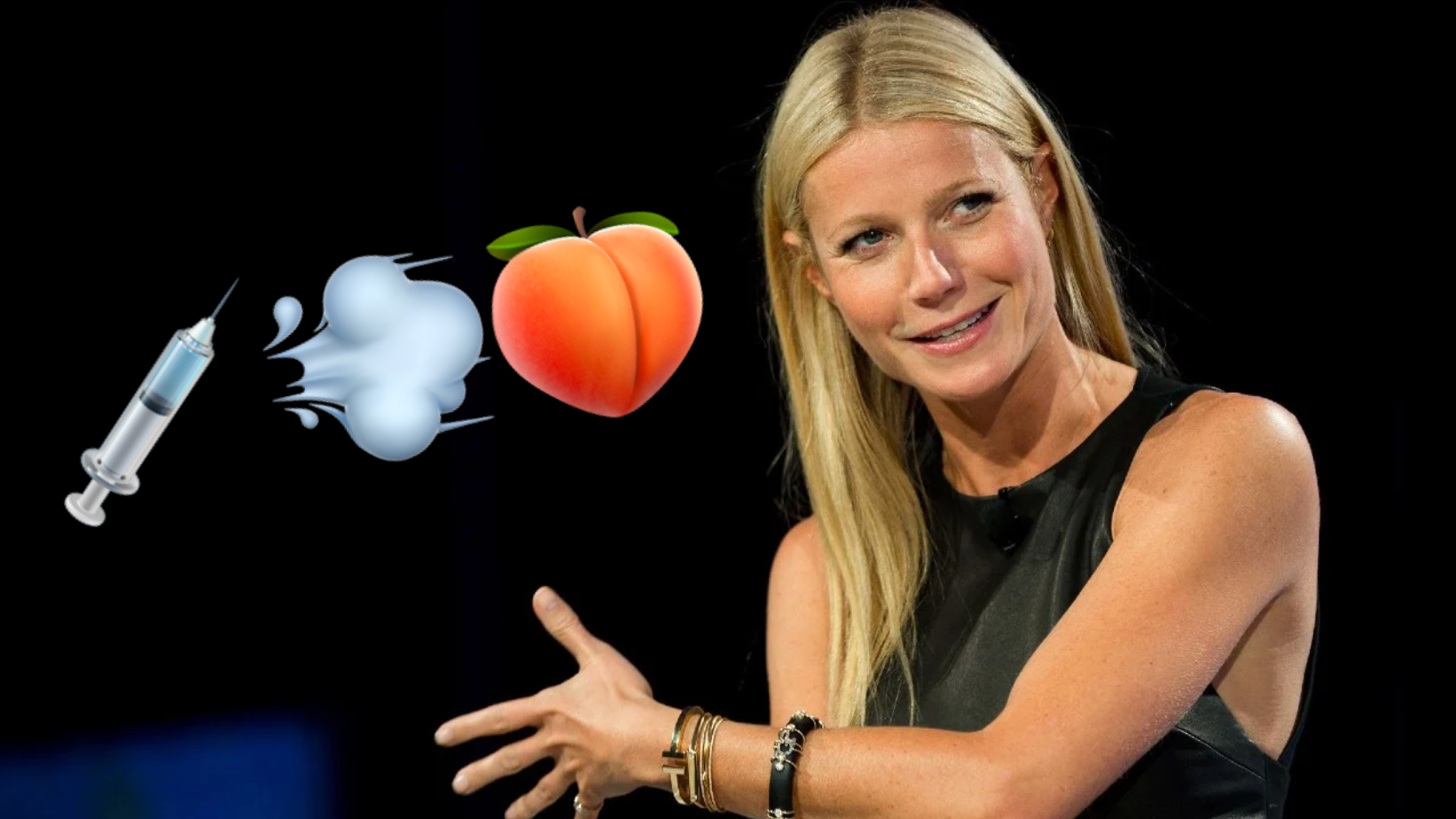
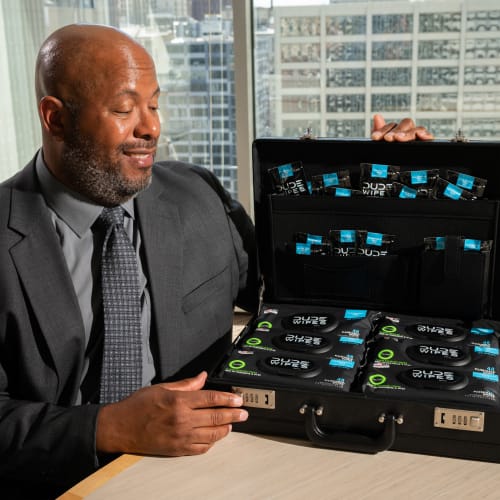
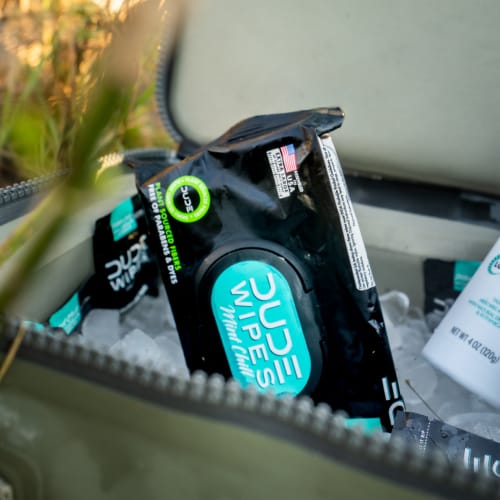
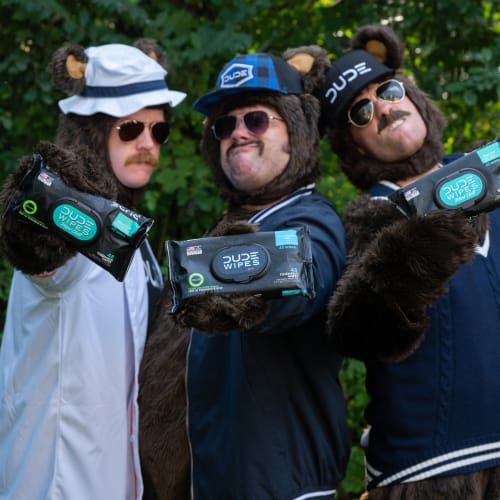
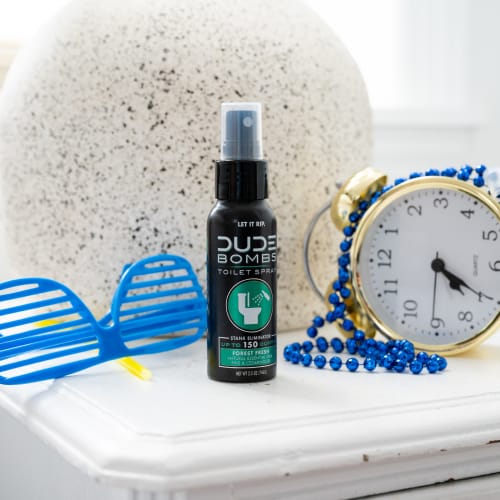
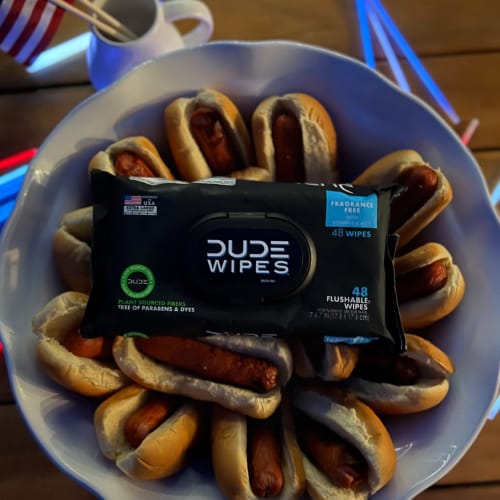
Leave a comment
This site is protected by reCAPTCHA and the Google Privacy Policy and Terms of Service apply.